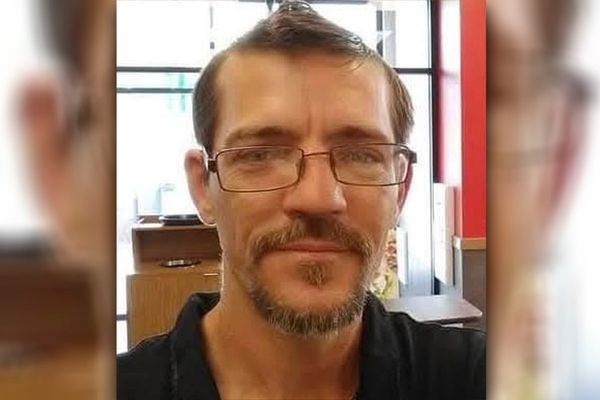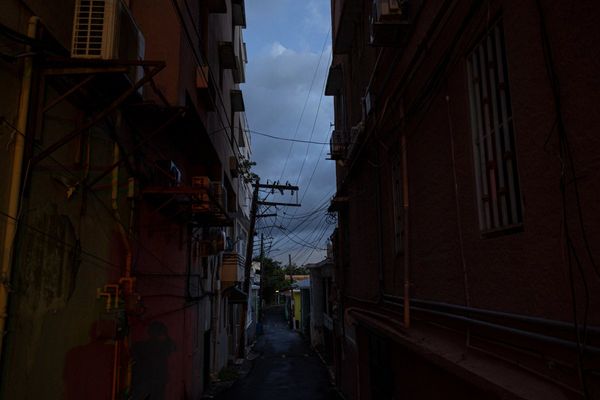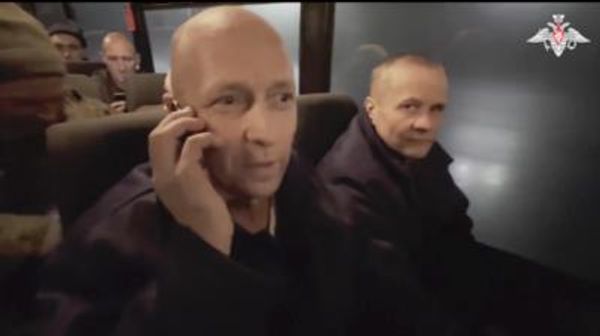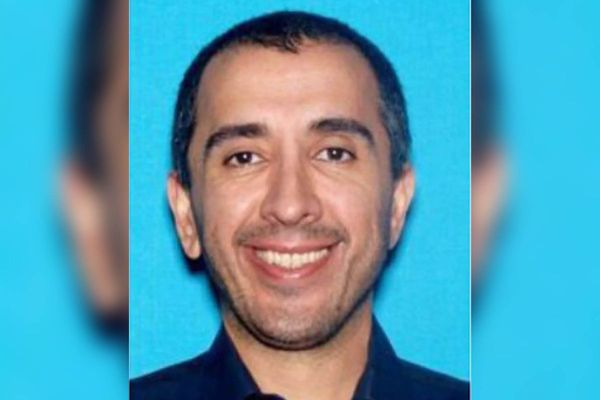
Abu Dhabi (AFP) - Grappling with sanctions and an exodus of foreign firms, Moscow is looking to investors from oil-rich Arab Gulf states as the West locks it out over the war in Ukraine.
At the Annual Investment Meeting in the United Arab Emirates this week, the Russian government touted investment opportunities, while Russian companies exhibiting in a special pavilion hunted for Arab funds.
"We are here to try to attract any investors, among them Arabs," said Pavel Kalmycheck, an official with Russia's ministry of economic development.
Saudi Arabia and the UAE have maintained a neutral stance towards Russia's war in Ukraine, which has isolated President Vladimir Putin in the eyes of many Western states.
Fleeing the impact of Western sanctions, rich Russian emigres have flocked to the UAE where they have set up businesses and are now among the top buyers of property.
Cooperation with the Middle East and North Africa is "one of Russia's foreign economic policy priorities", Maksim Reshetnikov, Russian minister of economic development, said in a speech to the forum.
"Now is the time to develop joint projects," he added, lauding countries in the region for their "independent foreign policy" and calling them "reliable partners for Russia".
To further boost trade, the minister called for the creation of a "financial and banking system independent" of the West which would help businesses evade the impact of sanctions.
Trade between Russia and Arab Gulf states increased by 40 percent in 2021 compared to the previous year, reaching $8.6 billion, according to Russian officials.
Last year, trade between Russia and the UAE alone rose 68 percent to $9 billion, according to Russian Deputy Prime Minister Denis Manturov.
'Competitive advantages'
At the investment meeting in the UAE capital, Abu Dhabi, Russian representatives touted Moscow as one of the largest metropolitan economies in the world and a key destination for investment, despite the Western sanctions.
"Even in these not-easy times during which we are suppressed by the sanctions...Moscow offers a number of competitive advantages," said Sergey Cheremin, who heads Moscow city's department for foreign economic relations.
"It is a point of entry into the market of Russia," he said in a speech to foreign investors.
At Russia's pavilion, entrepreneur Maksim Anismov displayed 3D-printing technology designed and manufactured in Russia.
"We are here to attract Arab partners," he told AFP.
"In this region there's a lot of development and a lot of opportunities for business."
Studying the displays at the conference, Emirati engineer Adnan Al-Nimr Al-Zarouni said he would consider investing in Russian firms.
"It is a big country and has many great opportunities," he told AFP."It is rich in minerals, livestock, energy, agriculture, technology, and has high-level programmers."
According to Justin Alexander, director of the Khalij Economics consulting firm, the region's big sovereign wealth funds have increased their investments in Russia over the past decade.
"But these investments were tiny relative to their holdings in the West," he said.
Cost of war
The International Monetary Fund raised its 2023 economic growth forecast for Russia last month on the "very strong source of revenues" for the economy from high energy prices in 2022 and during the first half of this year.
But the Russian invasion is expected to have a significant impact over the medium term, with the IMF predicting the Russian economy will be about seven percent smaller than pre-war forecasts would have indicated.
"The Russian economy has demonstrated its resilience and its ability to grow under the difficult circumstances," said Alexander Stuglev, chief executive officer of the Roscongress Foundation that organises the Saint Petersburg International Economic Forum.
Despite major foreign firms suspending operations in Russia due to Western sanctions and the war in Ukraine, "Russia is wide open" for business, he said.
However, although Arab investments may support specific sectors, their impact will be limited, said Gulf expert Robert Mason.
"Structurally, I don't think it will be a game-changer at present," he told AFP.







